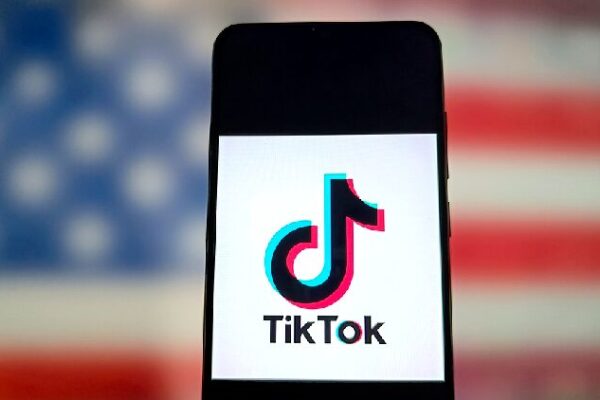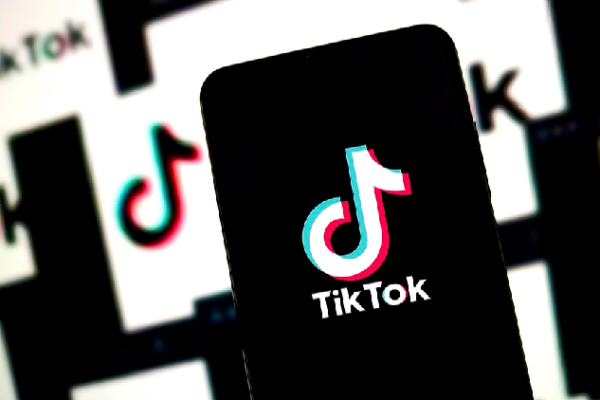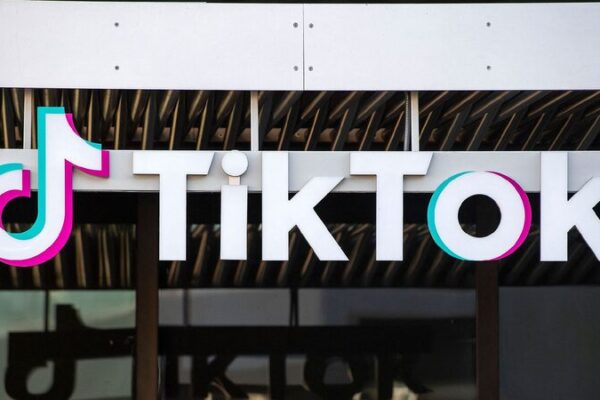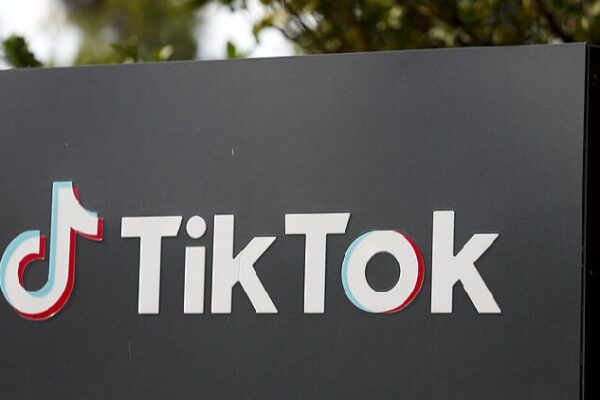As the U.S. government’s deadline approaches for TikTok to be sold off or shut down, American users of the popular app are feeling a mix of anxiety and frustration. The Biden administration, citing national security concerns, has given TikTok an ultimatum: find a U.S. buyer or cease operations in the country.
For many content creators, TikTok has become a digital home where they share their lives, creativity, and connect with audiences worldwide. Now, faced with the possibility of losing this platform, a number of TikTokers are migrating to alternative social media apps. They call themselves “TikTok Refugees,” expressing their discontent with the U.S. government’s actions and voicing concerns over what they perceive as a violation of their freedom of speech.
“TikTok is more than just an app; it’s a community,” says 19-year-old influencer Maya Williams. “Being forced to leave feels like losing a part of myself. We don’t have ‘home’ anymore.”
The situation has sparked debates about digital rights and government intervention in technology platforms. While officials argue that TikTok poses security risks due to its parent company’s ties to the Chinese mainland, users and free speech advocates worry about the broader implications of such a ban.
Alternative platforms like Instagram Reels, YouTube Shorts, and emerging apps are seeing an influx of former TikTok users. However, many creators feel these platforms don’t replicate the unique experience TikTok offers.
“It’s not just about where we post; it’s about the connections we’ve made,” adds 22-year-old dancer Carlos Vega. “We feel like digital nomads, searching for a new place to belong.”
The future of TikTok in the U.S. remains uncertain. As tensions between the government and the app’s operators continue, millions of users are caught in the middle, awaiting a resolution that could redefine their online lives.
Reference(s):
cgtn.com








